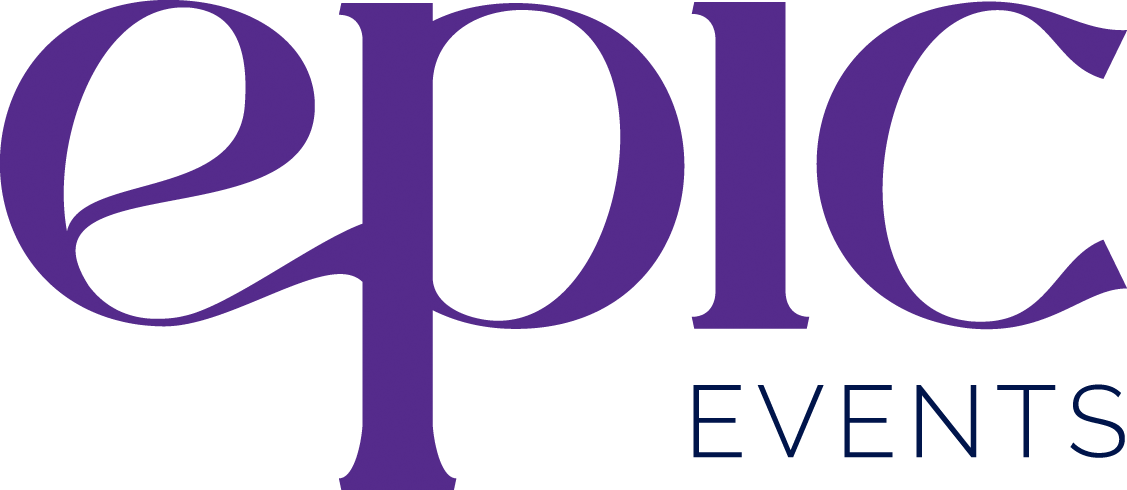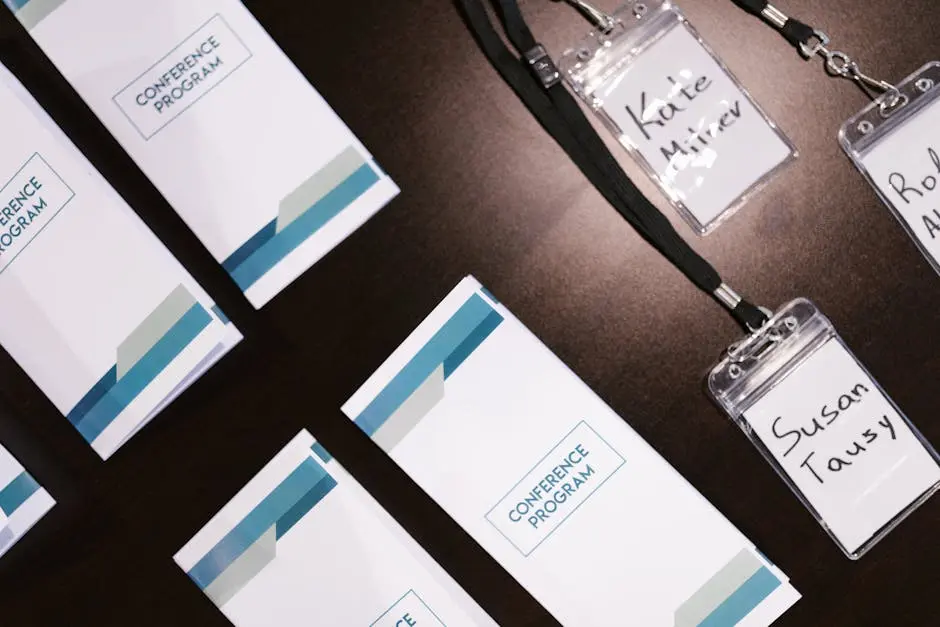
How to Master Corporate Event Coordination for Unforgettable Business Events
Corporate events can range from product launches to annual meetings, and mastering the art of event coordination can lead to unforgettable experiences for attendees. In this blog, we will explore key strategies to ensure your corporate events stand out, capture your audience’s attention, and create lasting memories. Let’s dive into the essential elements of corporate event coordination that will take your events from ordinary to extraordinary.
Understanding the Importance of Corporate Event Coordination
Corporate event coordination is more than just organizing a gathering—it’s about curating an experience. A well-coordinated event can leave a lasting impact on attendees, enhance brand image, and build stronger professional relationships. Importantly, in today’s fast-paced business environment, the quality of your corporate events directly reflects your organization’s values and commitment to excellence.
Moreover, effective corporate event coordination allows businesses to showcase their strengths and innovations. For instance, a product launch event is not just about unveiling a new product; it’s an opportunity to engage potential customers directly, allowing them to experience the brand firsthand. Consequently, the importance of meticulous planning and execution cannot be overstated, as these factors play crucial roles in determining the event’s ultimate success.
Additionally, successful corporate events can significantly boost employee morale and collaboration. When team members gather outside of their usual work environment, it fosters camaraderie and strengthens workplace relationships. Thus, understanding the importance of corporate event coordination extends beyond mere logistics; it encompasses the very essence of community building within your organization.
Key Components of Successful Event Planning
At the heart of any successful corporate event lies a mix of planning, creativity, and adaptability. The basic elements, including setting clear objectives, identifying the target audience, and creating a detailed timeline, form the backbone of your planning efforts. These components help ensure the event aligns with your broader business goals and resonates with attendees.
Furthermore, selecting the right team is essential for the smooth execution of the event. Involving individuals with diverse skill sets, such as marketing, logistics, and design, can help bring a broader perspective to your planning process. Each member can contribute unique ideas that enhance the overall experience, ensuring all details are covered, from venue selection to catering.
Risk management is another crucial aspect. It’s important to anticipate potential issues that may arise and devise contingency plans accordingly. This strategy not only helps mitigate risks but also ensures that your team remains calm and collected during the event. Understanding these key components can set the stage for a successful corporate event, where every detail is seamlessly integrated to create that unforgettable experience.
Crafting an Unforgettable Event Experience
An unforgettable event experience begins with a captivating concept that resonates with your audience. This means going beyond the ordinary by incorporating unique themes or interactive elements that stimulate engagement. Whether it’s a workshop that encourages participation or immersive activities that capture attention, the goal is to create memorable moments that attendees will cherish long after the event concludes.
Moreover, storytelling plays a pivotal role in crafting these experiences. Every successful corporate event has a narrative that unfolds throughout the day—this can be done through speakers, visuals, or even the layout of the venue. By weaving in storytelling elements, you can evoke emotions, fostering deeper connections among attendees to deepen their engagement.
In addition, consider utilizing personalized touchpoints, such as customized agendas or welcome kits. These small gestures not only make attendees feel valued but also enhance their overall experience. By focusing on these aspects, you will transform your corporate event into a memorable journey that reflects your brand’s commitment to excellence.
Choosing the Right Venue for Your Corporate Event
The venue sets the stage for your corporate event, making its selection a critical element of the planning process. Consider the size and layout of the space, as well as its suitability for the type of event you are hosting. For instance, a product launch may require an open floor plan, while a seminar benefits from a more structured setup. The right venue not only accommodates your guests but also enhances the event’s ambiance.
Furthermore, accessibility should be a primary consideration when choosing a venue. Ensure that the location is convenient for attendees to reach, offering easy access to public transport or ample parking options. Remember, a well-chosen venue can positively influence attendance rates and create an inviting atmosphere that encourages participation.
Lastly, assess the amenities available at potential venues. Do they provide audiovisual equipment? Are there options for catering on-site? Explore whether the venue aligns with your overall vision while also meeting practical needs. By giving careful consideration to these factors, you can choose the perfect venue that complements your event and elevates the attendee experience.
Engaging Your Audience: Tips for Interactive Events
Engagement is a key ingredient in successful corporate events. It’s not enough to simply present information to your audience; you must find ways to involve them actively. Introduce interactive components such as live polling, Q&A sessions, or even small group discussions. These strategies create an environment where attendees feel included and invested in the event’s content.
Additionally, consider implementing gamification elements during your event. By introducing friendly competition, you can ignite interest and drive participation. Examples include quiz competitions, scavenger hunts, or interactive exhibitions where attendees can earn points. This approach transforms the experience into a fun and memorable one, while also reinforcing key messages from your presentation.
Don’t forget the value of personal interactions. Providing opportunities for networking and one-on-one discussions can create meaningful connections among attendees. Whether through structured networking sessions or informal meet-and-greet opportunities, facilitating interpersonal interactions can lead to new business relationships and collaborations.
Leveraging Technology in Corporate Event Coordination
In today’s digital age, technology plays an essential role in corporate event coordination. Utilizing event management software can streamline the planning process, allowing for better organization and communication among team members. From deadlines to task assignments, these tools can ensure that everyone stays on the same page and that important details are not overlooked.
Moreover, incorporating technology into the event itself can enhance audience engagement and the overall experience. Consider tools such as augmented reality apps or live-streaming features that allow participants to join from afar. These technologies not only broaden your audience reach but also create interactive experiences that leave a lasting impression on attendees.
Additionally, utilizing social media during and after the event can help amplify its impact. Encourage attendees to share their experiences on platforms like Twitter or Instagram. Create a dedicated event hashtag to consolidate these posts, promoting organic conversations and engagement around your brand. Technology, when thoughtfully integrated, can elevate your corporate event, making it more innovative and memorable.
Budgeting and Resource Management for Corporate Events
Budgeting is one of the most critical aspects of corporate event coordination, as it dictates the scope and quality of the event. Begin by establishing a clear budget framework that captures all potential expenses, such as venue rental, catering, technology rentals, staffing, and promotional materials. Providing a transparent budget can help avoid unexpected financial surprises later in the planning process.
Additionally, prioritize your spending based on the event’s goals. Allocate funds to areas that align most closely with your objectives, whether it be high-quality speakers, rich content production, or interactive experiences. Striking a balance between your vision and budget constraints is crucial for achieving a successful event without overspending.
Resource management is equally important in executing a successful corporate event. Identify key partners and vendors early in the planning process and foster strong relationships with them. This collaboration can yield beneficial discounts and improved services, further enhancing your event’s quality. By managing your budget and resources effectively, you can create a remarkable experience that meets both your expectations and those of your attendees.
Post-Event Strategies: Gathering Feedback and Measuring Success
The end of your corporate event shouldn’t mark the conclusion of your engagement efforts. Instead, it should initiate a new phase—gathering feedback. Distributing post-event surveys helps you understand what resonated with your attendees and what could be improved for future events. This feedback loop is invaluable, providing insights that can elevate the quality of your future gatherings.
Moreover, analyzing the event’s success goes beyond just collecting feedback. Establish key performance indicators (KPIs) to gauge the event’s impact. Metrics such as attendance rates, engagement levels, and even social media interactions provide quantifiable data on how effectively you met your objectives. By evaluating these aspects, you can create actionable insights that inform future event planning strategies.
Finally, don’t forget to maintain the connections established during your event. Follow up with attendees through personalized emails or thank-you notes, reinforcing your brand’s commitment to relationship-building. By closing the loop in this manner, you enhance guest satisfaction, foster loyalty, and potentially pave the way for future collaborations long after the event has concluded.
Embrace the Art of Corporate Event Coordination
By implementing these strategies, not only can you enhance the success of your corporate events, but you can also elevate your brand’s reputation and foster stronger relationships with clients and employees. Remember, the key to unforgettable business events lies in meticulous planning, creativity, and the ability to adapt to any situation. Embrace these principles, and you’ll be well on your way to becoming a master in corporate event coordination.
**Click here to check out our next Blog “Event Marketing: Unlocking the potential of events”*
ABOUT EXPERIENCE EPIC EVENTS
Experience Epic is the premiere Corporate/Private Event Experience Artists. With a diverse team of Event Artists, we are able to execute with exception in the production of your wedding, birthday celebration, grand opening, municipal festival, destination event or conference. The niche is limitless for us!
Experience Epic is founded by Event Artist Sarah Martin. Her events have been seen on Food Network, Huffington Post, Washington Post, CNBC Power Lunch, and more! We are determined, disciplined and focused on building strong emotional connections and valuable relationships by sparking passion and fulfilling dreams through EPIC Events.
Contact us today for your complimentary Event Exploration! Schedule a meeting or call at www.Calendly.com/EpicSarah, Call 561-467-4760 or sarah@Experienceepic.com






Leave a comment